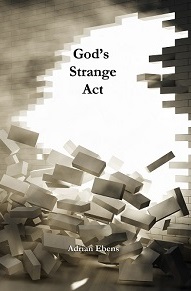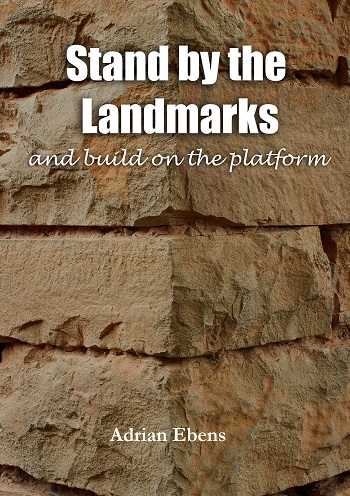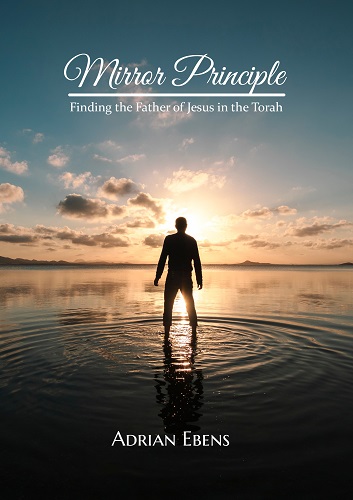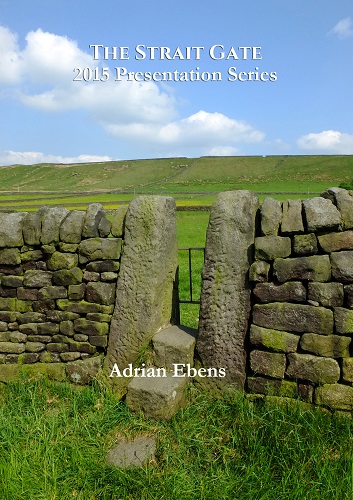Gospel Blessings from the Yearly Sabbath - OT Not Dark Ages
[Editor note: Just received this letter from Ellen White to Stephen Haskell. She tells him that she is intensely interested in this subject regarding the Gospel of the Old Testament and the Scriptual injunctions found in Leviticus and Deuteronomy. She mentions directly the blessings to be received from engaging the Seven year Sabbath and the Jubilee. She refutes the idea that the Old Testament was the Dark Ages. It would be good to search out if she wrote any more on this theme.]
“Sunnyside,” Cooranbong, New South Wales, Australia
Letter 221, August, 1899
Dear Brother and Sister Haskell:
I have not slept well during the past night; but I am thankful that I am able to write a little, yes, considerable. I think of you, but it is with pleasure, because you are, I believe, and am assured, in your going to America at this time, doing the will of God. May the Lord sustain and bless you at every step.
I have things to send to you in writing that I deem very important, and I think it will be prepared in a form so that many may be benefited by it. I should oft be so pleased to have talks with you upon matters that are intensely interesting to me, that I am trying to write out, in reference to the specifications in Scriptural injunctions in regard to the duties one to another in Leviticus and Deuteronomy. We must just call to our minds those [precepts on] actual, practical missionary work, and work intelligently, and do the very principles of Christianity, the gospel of the Old Testament.
And this some call the Dark Ages. If so, it is not because they had no communication from heaven. [See] Leviticus 25. The Lord was over the whole earth. Every seventh year was a sabbatical year. This would be a wonderful arrangement down in this age of great light. Not only the agricultural processes were to be intermitted, but the cultivation of the soil was not permitted. It lay in its spontaneous growth for the benefit of the poor. All had free access to it — the strangers and the flocks and the herds. This was to invigorate the productive, worn - out soil, and to teach the Hebrew nation that God was the Householder, and the people were His tenants. The land had a sabbath, or yearly sabbath.
Then the jubilee, the fiftieth. The lessons given were to encourage liberality and overcome all stinginess, and to give lessons to all that it was the Lord’s land. He was to be regarded as its owner, that He would make it productive, if they were obedient, by giving them His blessing upon their lands. The lesson given was that the Lord was taking care of the poor, and that He had made provision for them; and every seventh year the spontaneous crops were for them. This is the principle of liberality; a provision was made by special interposition of God. The sixth year, under God’s supervision, the land yielded provision for three years; and it was a constant lesson that God was the Householder, and the land was His.
I cannot write out all that is contained in Leviticus and Deuteronomy. But I think our people in this enlightened age of 1899, if they would go back to the period they call the “Dark Ages” and bring into their practical life the lessons that Christ gave to the Hebrews, they would act out the obedience God required of them. Their hearts would not be so full of selfish principles that when His brethren working in hard fields should ask a favor, that they would close the door of their heart and say, No.




